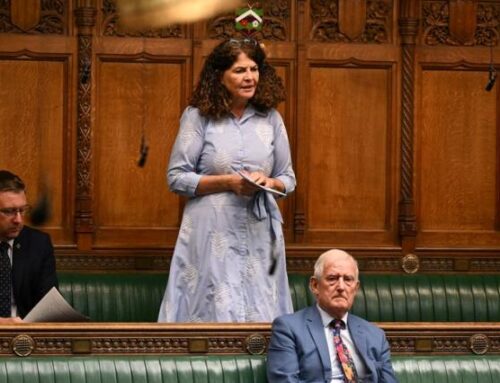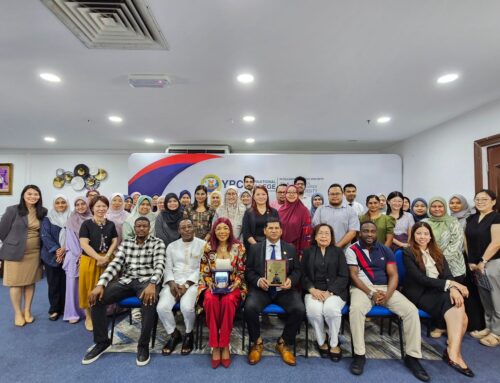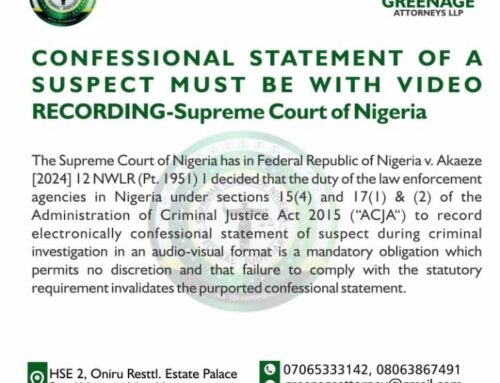THE LEGAL EFFECT OF A LAWYER’S FAILURE TO WRITE HIS NAME BENEATH HIS SIGNATURE
The application is for leave to adduce and rely on fresh evidence and the fresh evidence herein is the sworn affidavit of two counsels being evidence not led at the lower Court. The Applicant filed a Writ of Summons and amended statement of claim which was signed without the name of the signatories written beneath the signature contrary to Section 2 and 24 of the Legal Practitioners Act which recognises as legal practitioners names of persons that are on the roll of call. The Applicant now at the appeal stage seeks to correct or identify the signatories thereby attempting to cure a fundamental defect in the originating process. It is trite that a fundamental breach occurs when the originating processes are not signed in the name of a known and identifiable legal practitioner on the Supreme Court roll. The Appellants who lost at the lower Court came on appeal and raised the issue of jurisdiction as regards the originating process at the lower Court which were in his submission defective for not being signed by a known or named legal practitioner and that the lower Court lacked jurisdiction to entertain same.
The Applicant in reaction filed this application to adduce fresh evidence on the issue raised. The standard for adducing fresh evidence has been set in a number of cases and the criteria is as set in _OKPANUM v. S. G. ENIG LTD.(1998)7 NWLR (PT.559) 537_ where ONU, JSC held that: “For a clearer appraisal of my treatment of the lone issue, it is pertinent firstly to consider what additional evidence is all about and when it is receivable by an appellate Court. Undoubtedly, the Court of Appeal has power to receive further evidence on questions of fact, either by oral examination in Court, by affidavit or by deposition taken before an examiner or commissioner. See Order 1 Rule 20(3) of the Court of Appeal Rules,1981(as amended) and the Court of Appeal decision in _Michael Odiase v. Vincent Omele (1985)3 NWLR (Pt.11) 82 at 85._ See also _Enekebe v. Enekebe(1964)NMLR 42._ However, the conditions for admitting such fresh evidence on appeal are so stringent that there are very few cases if any, in our Courts where such evidence was admitted. But see the English cases of _Ladd v. Marshall(1954)1 WLR 1489 at 1491; Skone v. Skone(1971)1 WLR 812,(1971)2 All ER 582._
*UNION BANK OF NIGERIA PLC. & ANOR. vs. VISANA (NIG.) LTD. & ORS.(2018) LPELR-46818 (CA).*






